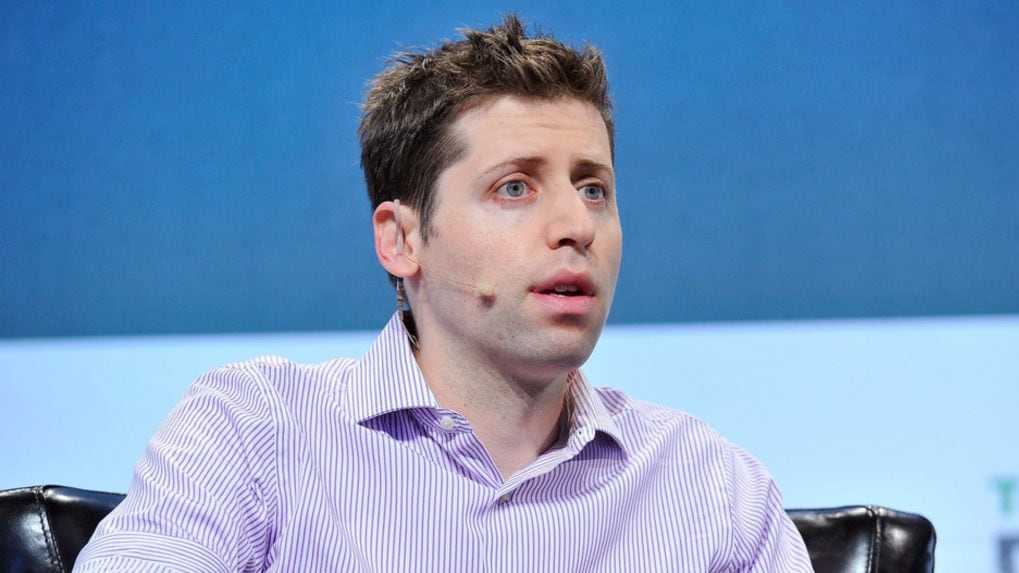Advertising
From Pink Slips to Silent Sidelining: Inside adland’s layoff and anxiety crisis

OpenAI CEO Sam Altman has announced the first major updates for Sora, the company’s generative video social app, signaling a "rapid and experimental" pace of change akin to the early days of ChatGPT.
In a recent note to users and rightsholders, Altman revealed that Sora is already pushing boundaries, with users generating "much more than we expected" and creating "a lot of videos for very small audiences." The immediate challenge, he said, is to figure out how to monetize video generation without stifling creativity.
Key Updates: Control and Compensation
The updates are focused on two core areas: rightsholder control and revenue sharing.
1. Rightsholder Control:
Building on OpenAI's existing opt-in model for likenesses, Sora will soon allow creators to set the conditions under which their characters can appear—or block them entirely.
Altman specifically noted strong engagement from Japanese rightsholders, where anime and gaming IPs are dominant in fan-driven content.
While acknowledging "edge cases" where unauthorized content may slip through, Altman stressed the system will require ongoing iteration.
2. Revenue Sharing:
OpenAI plans to share revenue with rightsholders when their characters are used in videos.
The specifics of the model are still under development, but Altman suggested the long-term vision is a new form of "interactive fan fiction" that benefits both audiences and creators.
Altman confirmed that the lessons from Sora will be applied consistently across OpenAI’s wider ecosystem following initial iterations on the video app. The changes underscore OpenAI's shift towards addressing intellectual property (IP) and monetization challenges as its generative AI products scale.
From purpose-driven work and narrative-rich brand films to AI-enabled ideas and creator-led collaborations, the awards reflect the full spectrum of modern creativity.
Read MoreLooking ahead to the close of 2025 and into 2026, Sorrell sees technology platforms as the clear winners. He described them as “nation states in their own right”, with market capitalisations that exceed the GDPs of many countries.